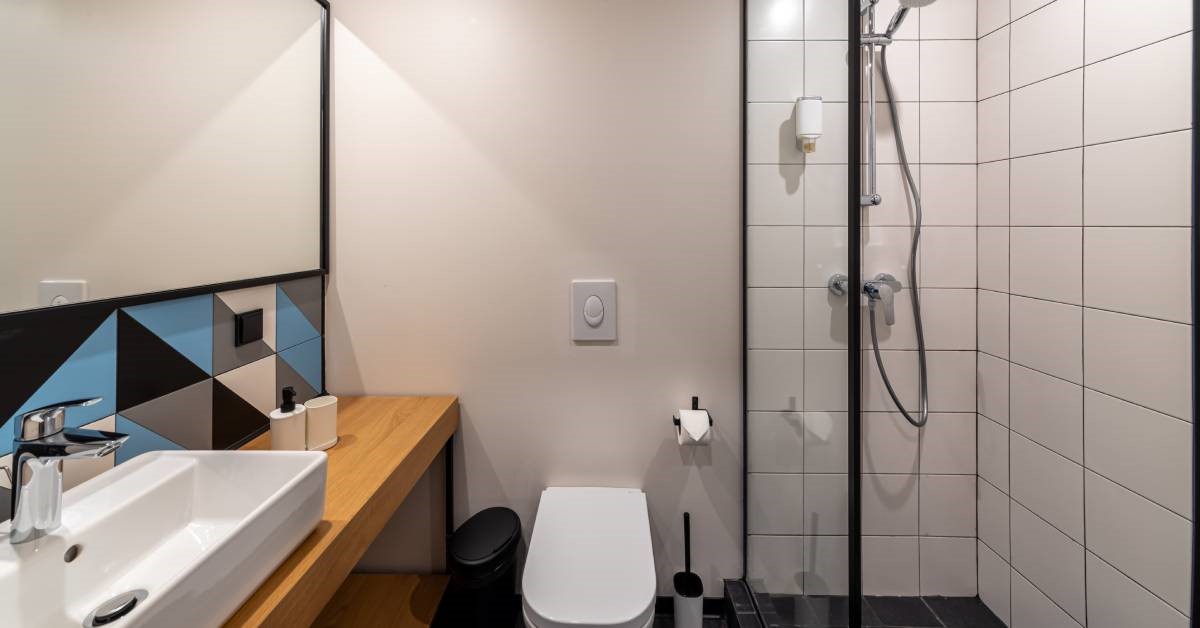
Converting a tub to a shower is a significant home improvement project that many homeowners contemplate, especially those looking to enhance the functionality of their bathrooms. Showers tend to require less space and can be more accessible, making them particularly appealing for families with young children or older adults. Understanding the costs involved in a tub-to-shower conversion is vital for anyone considering this upgrade, as it allows for informed budgeting and planning. Read on to learn more about tub-to-shower conversions, various costs associated with these renovations, and tips on budgeting for your upgrades effectively.
What Is a Tub-to-Shower Conversion?
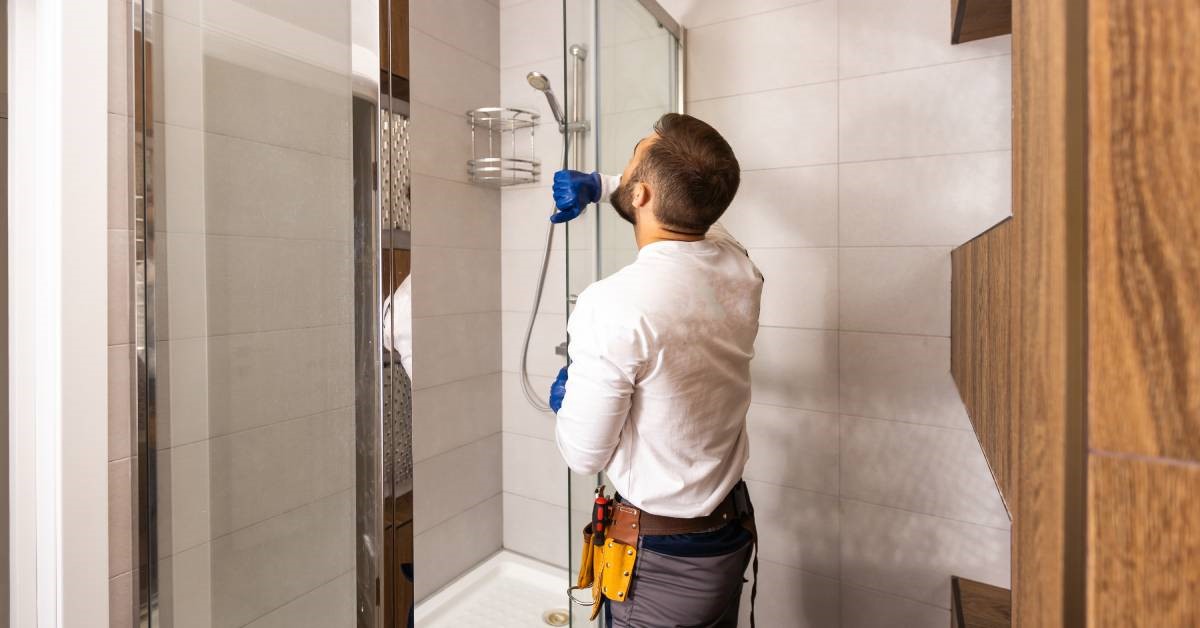
A tub-to-shower conversion involves transforming a traditional bathtub space into a walk-in shower, often catering to the specific needs and preferences of modern households. This process typically includes removing the existing tub and its fixtures, followed by the installation of a shower base, walls, and necessary plumbing adjustments. Homeowners can opt for a range of design choices, from minimalist stalls to luxurious rain showers, allowing greater personalization that aligns with their bathroom aesthetic.
The actual conversion process can vary depending on the existing layout of the bathroom and the materials you select for the new shower. Initially, you or a contractor will safely dismantle the bathtub, taking care of managing plumbing and electrical systems. Then, the area may require structural adjustments or waterproofing to ensure durability and prevent leaks. Once you’ve installed the new shower base, you can integrate tiling, fixtures, and additional elements, such as shelving or grab bars for safety, to complete the transformation. This meticulous process ensures that the new space is functional, aesthetically pleasing, and tailored to your preferences.
But why opt for this type of renovation? Converting a tub to a shower can significantly enhance your bathroom’s functionality. Showers generally take up less floor space than bathtubs, making them ideal for smaller bathrooms or those aiming for a more open design. Moreover, showers can improve accessibility, especially for individuals with mobility challenges. In addition to the practical benefits, a stylish shower can also elevate the bathroom’s overall aesthetic, potentially adding value to the home. With a range of design options available, you can create a spa-like retreat that perfectly suits your lifestyle.
Factors That Impact the Cost of Conversion
Several key factors can significantly influence the final costs of the project. First, the complexity of the existing plumbing system plays a critical role. If your current plumbing requires extensive modifications to accommodate a shower setup, these adjustments can add to both labor and materials costs.
The choice of materials is another important consideration. High-end materials, such as designer tiles or premium fixtures, can substantially increase costs, while more budget-friendly alternatives will help to keep expenses down. Furthermore, the overall design complexity, like built-in shelves or custom glass doors, will also impact pricing.
Hidden Costs To Consider
While budgeting for a tub-to-shower conversion, it’s essential to account for hidden costs that many homeowners overlook. One significant expense can arise from the need for permits or inspections, which local building codes may require before construction begins. These costs can vary depending on the jurisdiction, and failing to include them in your budget might lead to unexpected delays and additional fees. You should also consider potential costs associated with updating or rerouting existing plumbing and electrical systems, as older homes may not be equipped to handle modern shower installations.
Another hidden cost to keep in mind is the potential need for contractor services beyond the conversion itself. If your renovation involves structural changes, such as altering walls or floors to accommodate the new shower, you may need to hire additional professionals like electricians or carpenters. Furthermore, unforeseen issues can arise during the project, such as the discovery of water damage or mold, which could necessitate extra repairs and further inflate your expenses. Anticipating these potential hidden costs allows you to create a more accurate budget and avoid financial surprises during your tub-to-shower conversion journey.
How To Budget for Your Bathroom Renovation
When budgeting for a tub-to-shower conversion, it is crucial to begin by assessing your overall financial situation and determining a realistic budget limit. Start by defining your priorities. Consider what features you deem essential, such as high-quality fixtures or a specific tile aesthetic, and what aspects you might be willing to compromise on if costs exceed your initial estimates. It’s wise to allocate approximately 10-20 percent of your budget as a contingency fund to cover unexpected expenses or changes during the renovation process.
Additionally, researching and comparing materials ahead of time can help you make informed decisions that fit your budget without sacrificing quality. Explore both suppliers and local shops to find competitive prices, and consider the possibility of purchasing materials in advance to take advantage of sales or discounts. Planning ahead for the timeline of your project is also essential; a rushed renovation can lead to hasty decisions that may inflate costs.
DIY vs. Hiring a Professional
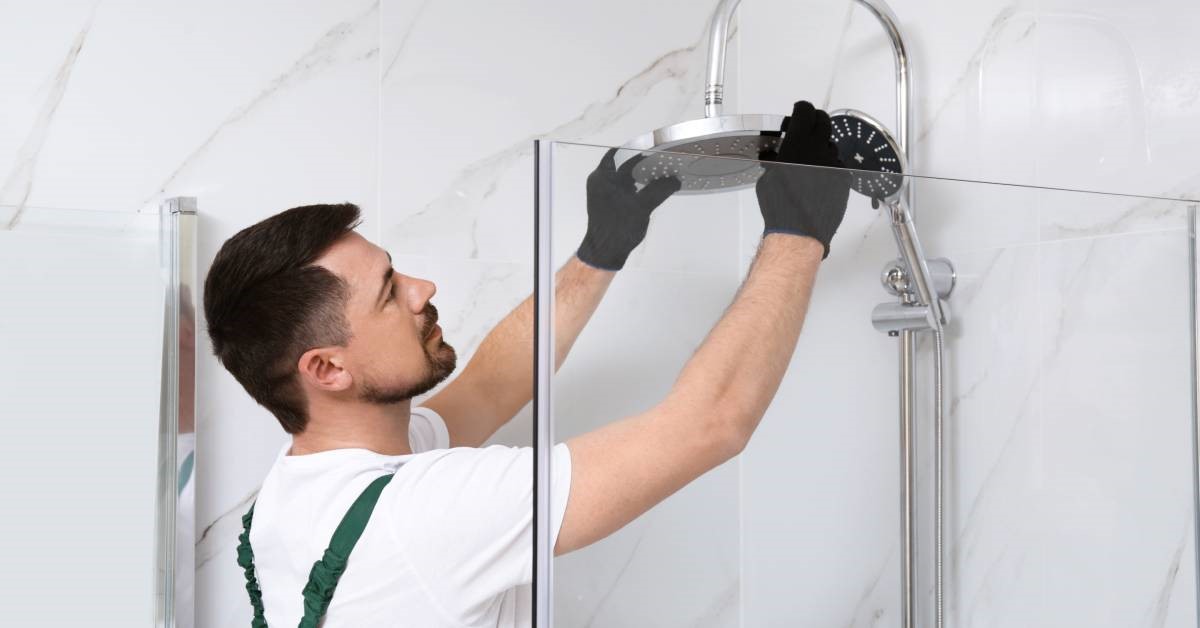
When it comes to tub-to-shower conversions, homeowners often face the choice between a DIY approach and hiring a professional contractor. While taking on the project yourself can be appealing for budget-conscious individuals, it typically requires a significant investment of time and effort. The learning curve for plumbing, tiling, and structural adjustments can be steep, leading to potential mistakes that may necessitate costly fixes. Furthermore, attempting a complex renovation without professional experience can result in delays, which can prolong the project and disrupt household routines.
On the other hand, hiring a professional for your tub-to-shower conversion can ultimately save both time and money in the long run. Experienced contractors possess the necessary skills and knowledge to manage the project efficiently, ensuring that each phase is completed correctly and on schedule. They also have access to higher-quality materials and resources, which can lead to a more durable and aesthetically pleasing result. By opting for a professional, you can avoid the stress and uncertainties often associated with DIY projects, ultimately achieving your dream bathroom with greater peace of mind.
Understanding the costs of tub-to-shower conversions and the best tips for budgeting for your bathroom upgrade helps homeowners make informed decisions and plan for a successful renovation. Thankfully, our team of tub-to-shower conversion contractors at Reece Builders is here to help make your dream bathroom a reality! Explore our services today.
Subscribe to Reece Builders's Blog


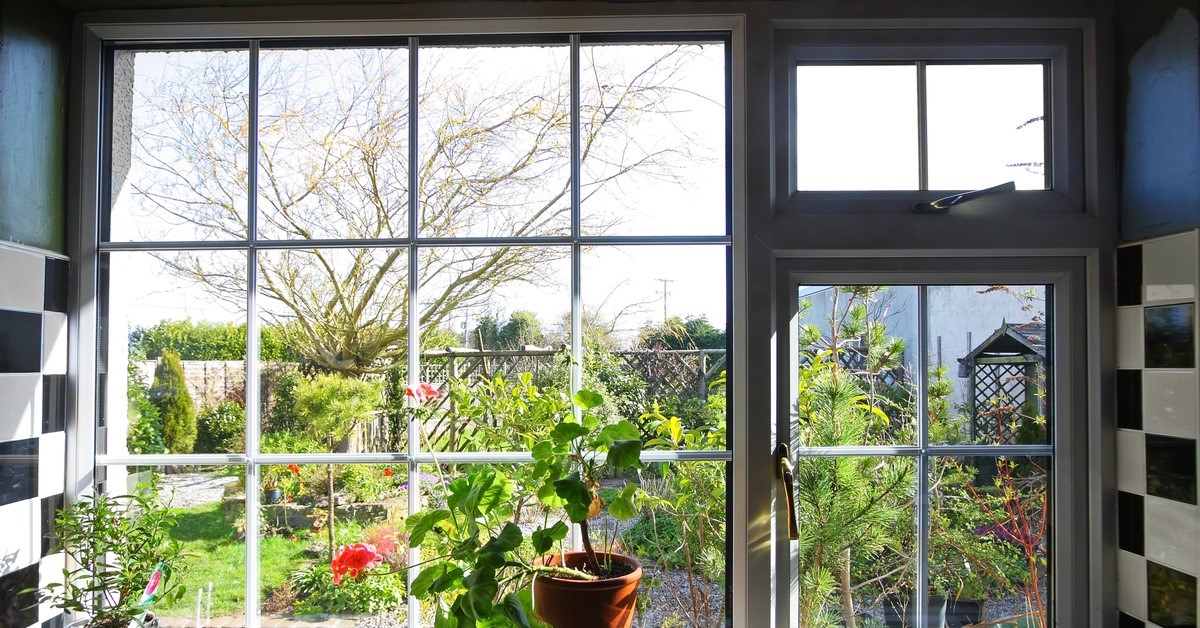
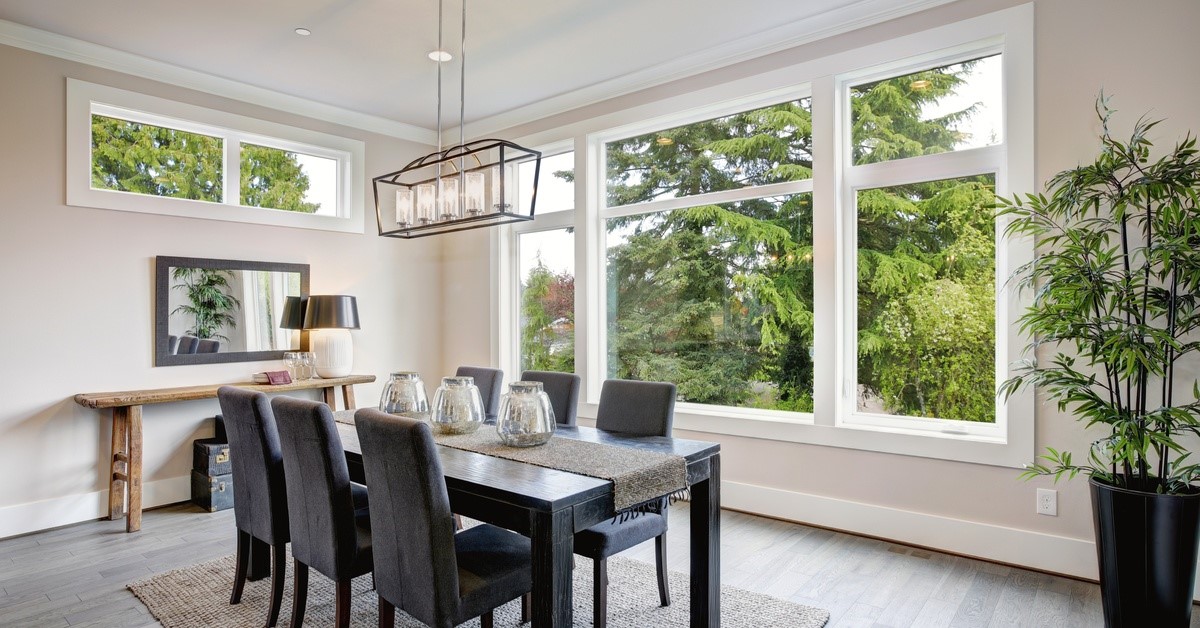
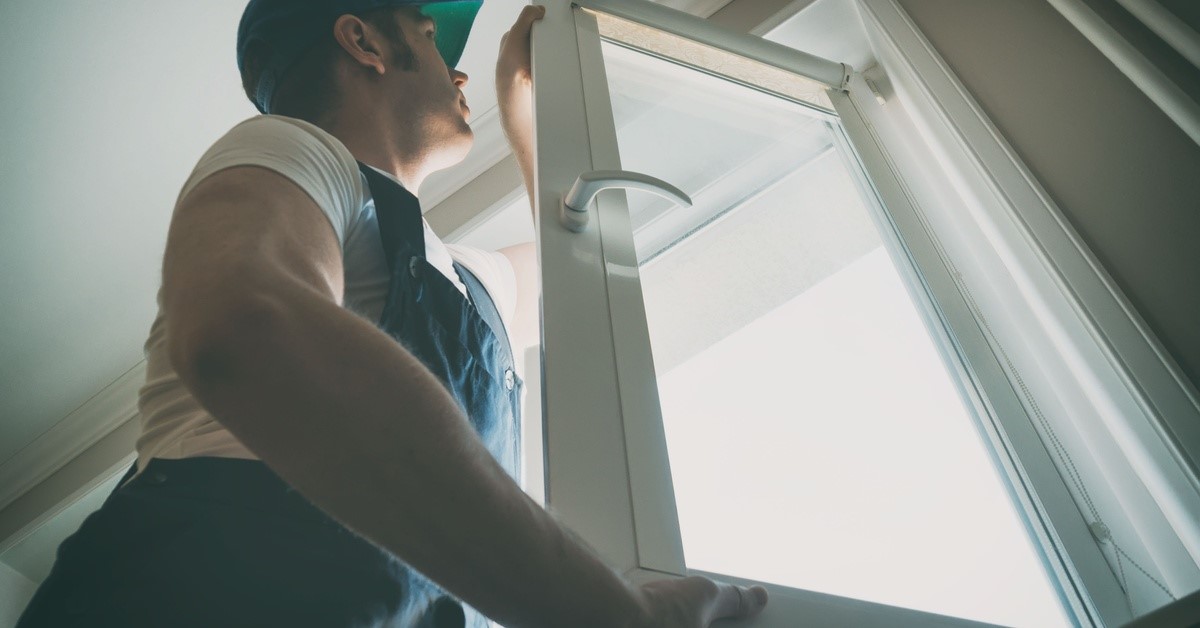
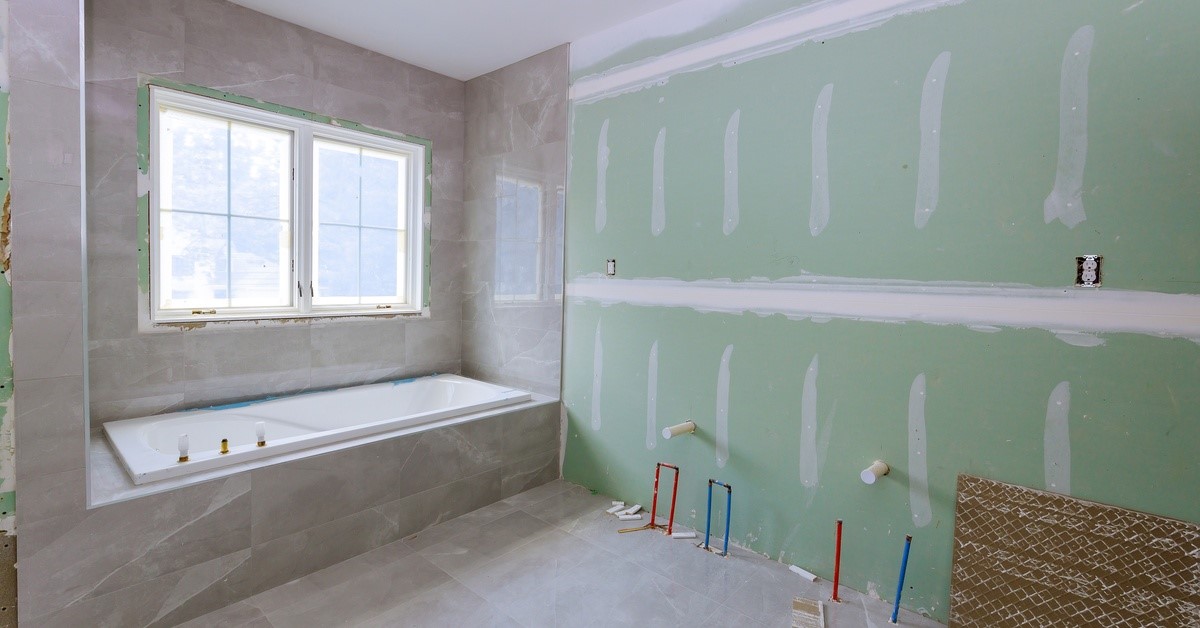
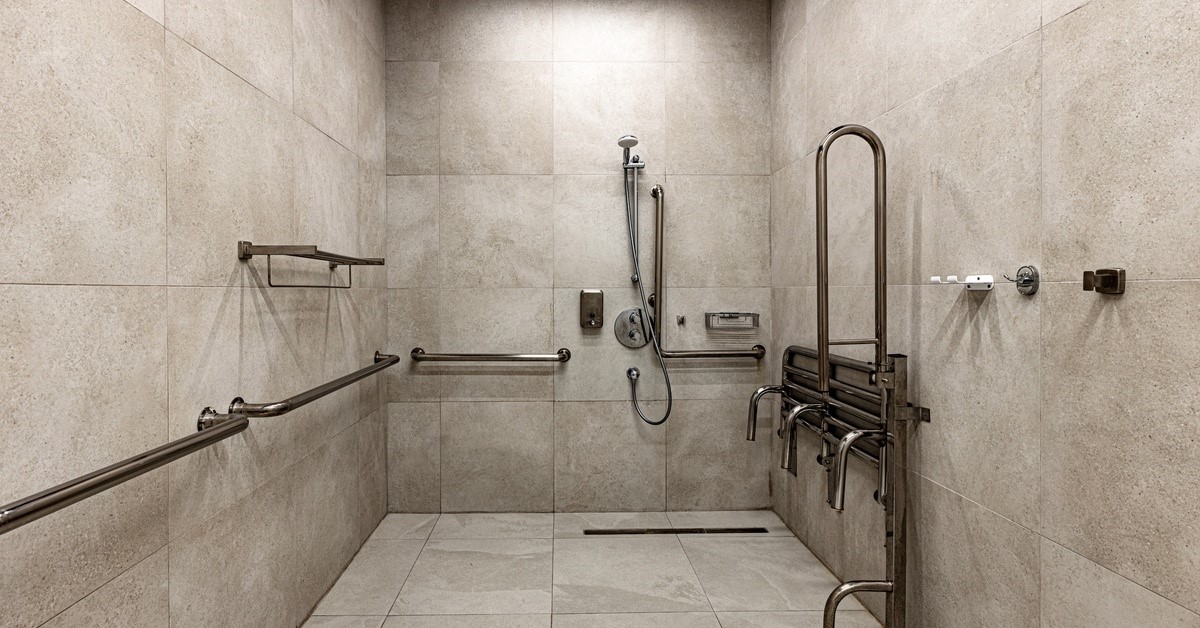
Comments